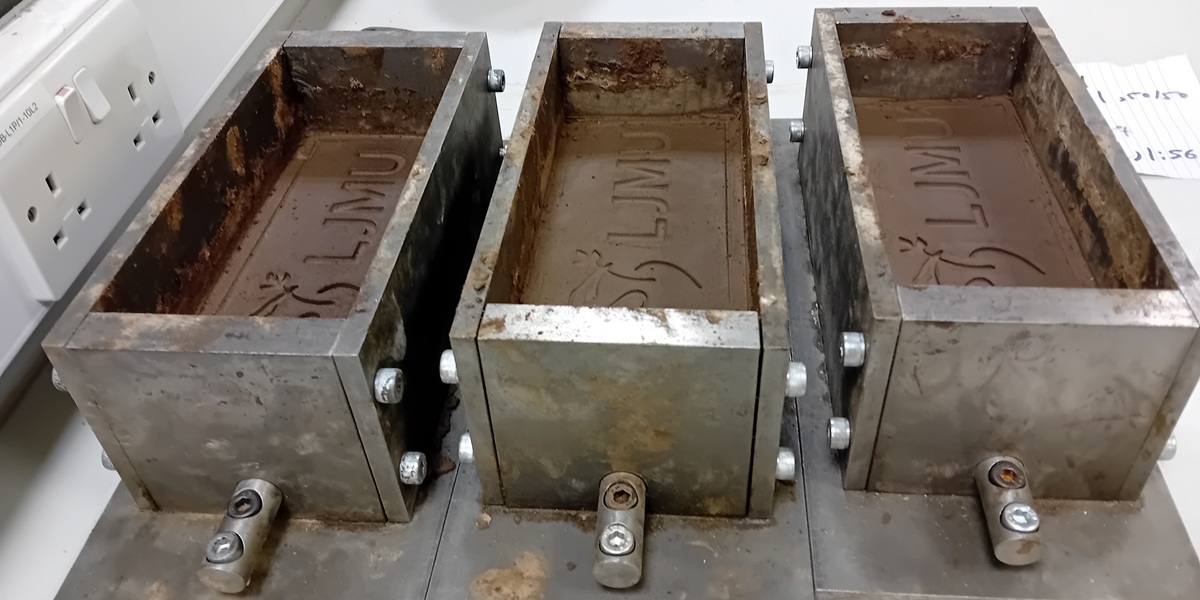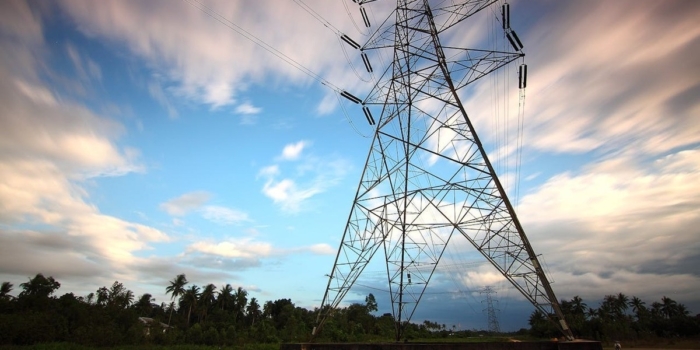Liverpool John Moore’s University
Keywords: Recycling; Circular Economy; Low-carbon building products; Unfired brick; Waste recycling
Sector: clean energy industries, advanced manufacturing
Project leads: Professor Monower Sadique, Professor of Construction Materials; Dr Iacopo Carnacina, Reader in Water and Environmental Engineering; Dr Ali Shubbar, Senior Lecturer in Civil Engineering
Project collaborators: Liverpool John Moores University; CCC Waste Management Ltd
Issues addressed by the project
This industrial research aims to explore the use of LJMU’s unfired brick patent, utilising waste generated at CCC Ltd’s Construction, Demolition and Excavation (CD&E) waste recycling plant, and upscaling it to brick & block manufacturing on-site.
CCC has a capacity to recycle 1.2 million tonnes per year of CD&E waste and produce over 0.96million tonnes per year of recycled aggregates. Their CD&E waste processing facility generates approximately 0.12 million tonnes per year of waste. Owing to the lack of a suitable treatment technique, these waste is sent to landfill sites. This industrial research investigates a novel method (LJMU patented) through alkali activation for converting the wastes into brick (GeoBrick) and building block where no incineration, natural clay, and cement are required.
Future impact of the project
The full upscaling of this low-carbon product will create jobs, reduce costs and increase resource productivity while delivering additional environmental benefits, and diverting enormous quantities of waste from landfill. The technology will maintain and circulate materials and products at their highest value without changing partners’ supply chain or customers.
Place-based local and regional benefits
CCC is the largest recycled aggregates supplier in the Northwest of England. The current business model with traditional manufacturing methods implies that factories need to be in the vicinity of the source of raw materials. The investment associated with raw materials cost and transportation is a significant barrier to entry into the market. The project’s proposed technology will offer localised integrated manufacturing with minimal cost. This will save CCC Ltd’s waste disposal cost £35 per ton, including the landfill tax. It will reduce the GeoBrick’s cost while utilising the waste from CCC’s CD&E processing.
Level of investment and timescale
The project was funded by UKRI Innovate UK under Circular Economy for SMEs – innovating with NICER. The lead Industrial partner was CCC Ltd (Grant £55k) and Supporting Partner was LJMU (grant £35k) with total grant value £90k.
National and global benefits
About 87.5% of the CO2 emissions of brick manufacturing are attributed to the drying and firing processes. The annual consumption of clay by the brick industry is about 4.5 million tonnes and each brick requires about 2.0 kWh of energy. TRANS-LOW will promote the circular economy and support local and regional sustainable growth, generating a tangible impact in achieving the government’s net-zero carbon pledge.
Risk vs reward
To fully realise the commercial potential of the proposed technology, it is essential to conduct a full-scale implementation in an industrial setting at the partner’s site. This project represents a pioneering effort in enhancing circularity through second-degree recycling of materials recovered from CD&E waste. Additionally, producing a fully characterised product with validated durability required by the building standard for large-scale application is also needed.
Further aspects
This ambitious idea promotes a circular economy and can be considered an example of technological innovation over the whole materials life cycle, to reduce the use and impacts of virgin minerals and energy.
A circular solution to climate adaptation will be a game-changer and is highly attractive for its low cost and carbon footprint as well as it provides a novel solution that cannot be achieved with existing technology.




